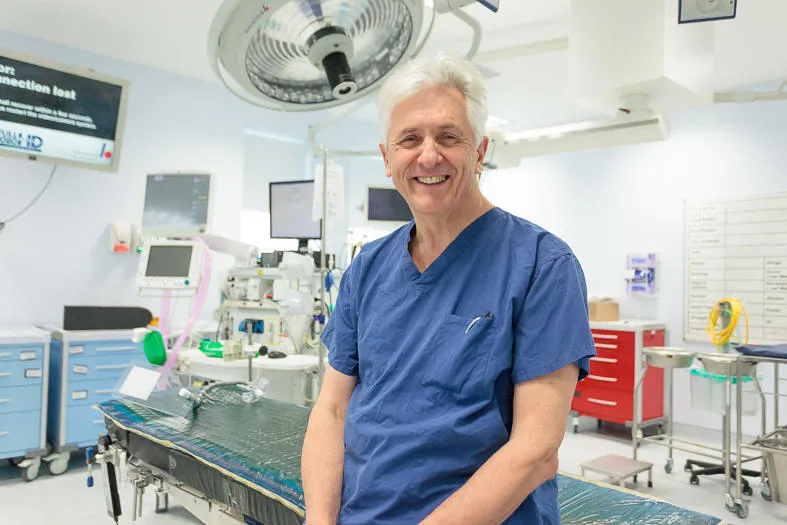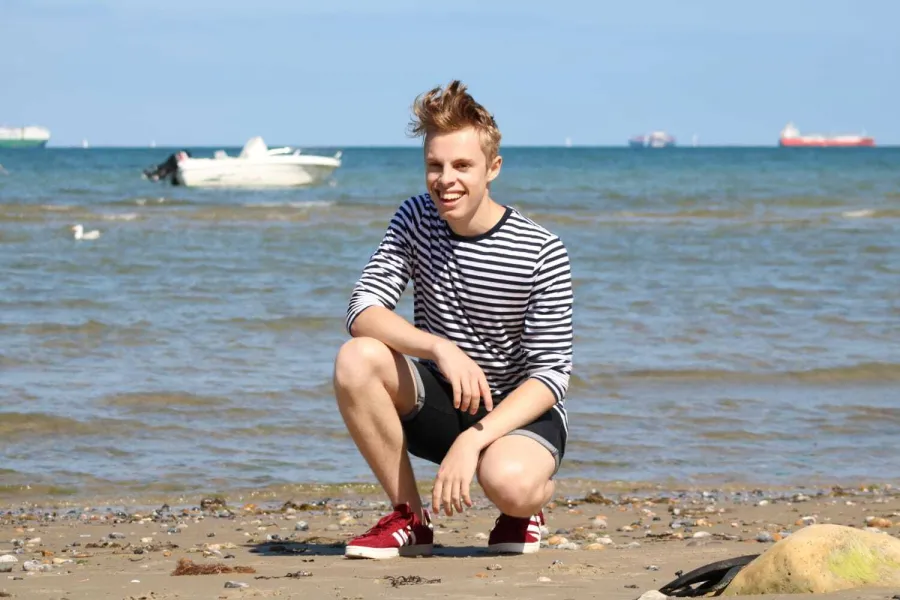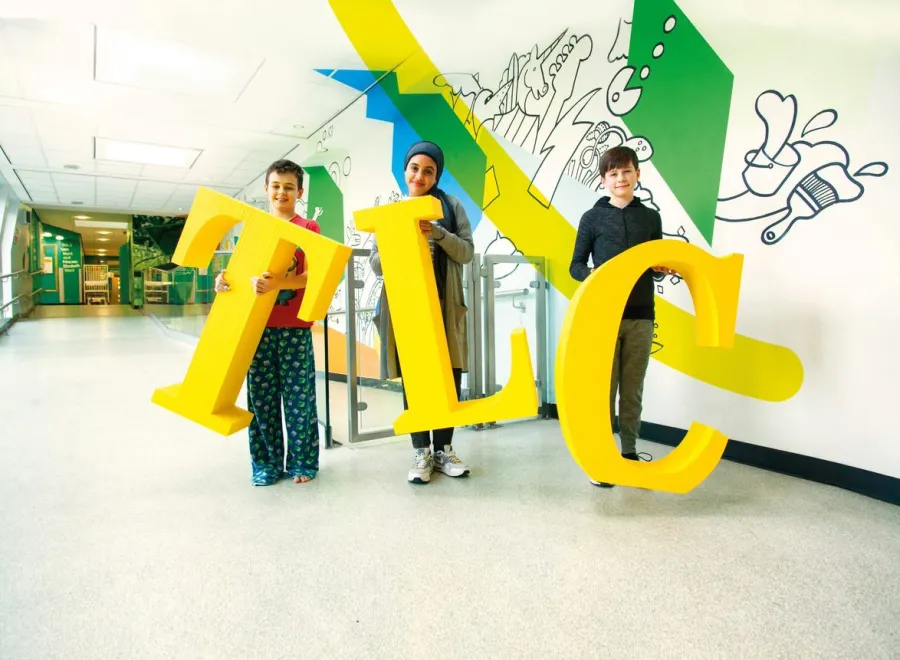King’s has been Europe’s largest paediatric liver transplant unit for the past 25 years. It currently carries out around 50 children’s transplants a year, bringing the total number of children transplanted to around 1,300.
“About two thirds of the children referred to us are under five years of age so we’re dealing with young children and often quite young families,” says Consultant Liver Transplant Surgeon, Professor Nigel Heaton.
"We know that, as paediatric patients get older, they remember very little about the transplant process and the reasons why they had a transplant. They also usually talk less and less to their parents about it.”
As they enter adolescence, young people may start neglecting to take their medication and missing clinic appointments, especially if they move away from home. They may also feel the pressures of experimenting with drugs and alcohol, just like any “normal” teenager.

King’s liver transition service works with young people aged 12-25, delivering a programme of bespoke, holistic, non-judgemental support. A team of medical and psychological professionals work with young people to help them achieve their goals for studying, working or travelling.
“Our transition programme brings together a whole team of people to provide a different style of care. This team includes paediatric and adult liver specialists, clinical psychologists, social workers, and transplant co-ordinators”, says Professor Heaton.

Milo Hynes has been treated at King’s since he was a baby, and he credits the liver transition service with giving him the confidence and determination to attend university in Edinburgh, six hours away from his Oxford home.
“King’s has been amazing. They’ve put me in touch with the liver unit in Edinburgh so I can attend clinics there, and I know that if there’s anything I need or if I have any questions, King’s will be there to help 24/7”, says Milo.
Milo was introduced to the programme when he was 16 and attended yearly clinics to help him make the transition from being a child, receiving paediatric care, to becoming an adult, receiving care on general wards. During this period he was also able to meet and socialise with other teenagers with similar health conditions.
“As a paediatric patient, doctors saw both me and my parents but the moment I was transferred to the transition clinic it was a case of: ‘Ok Milo, what’s going on? Explain your history to us.’"
“I now have complete confidence in my ability to speak in medical terms about my entire medical history to a degree that hospital staff can understand it and take any relevant action.”

Initiatives like the liver transition service are only made possible through voluntary funding. Through our TLC Appeal, we are raising £1.5 million to Transform Liver Care for children and young people to ensure they don’t just survive into adulthood, but thrive.
“The Charity supports us in so many ways," says Professor Heaton.
“It provides facilities for patients over and above that traditionally provided for NHS patients and this is particularly important for children. They need a different quality of care and life on the ward.”
- With your help, we can expand the liver transition service by employing two youth workers to reach more young people at risk of becoming disengaged with their treatment and self-care, empower them to become more independent, and support them to establish healthy and sustainable lifestyles.